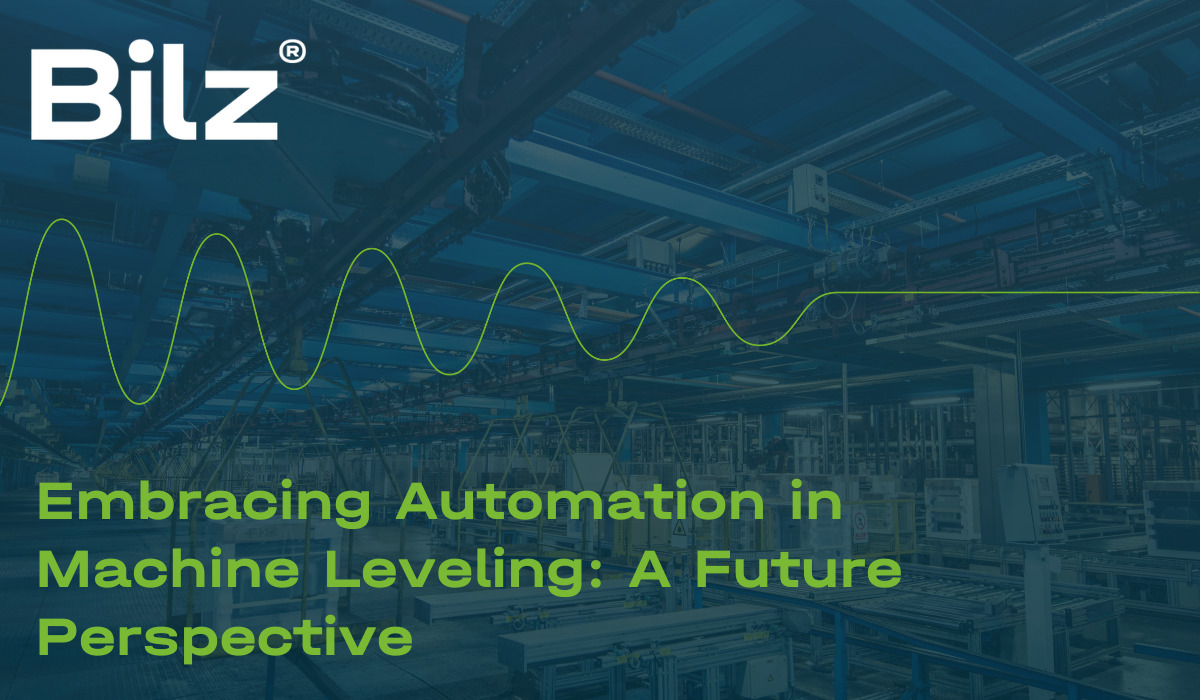

As industries march towards a future dominated by automation and smart technologies, the process of machine leveling is not left behind. Traditionally seen as a manual task requiring significant human expertise and intervention, machine leveling is on the cusp of transformation. Automation, powered by advancements in robotics, artificial intelligence (AI), and the Internet of Things (IoT), promises to redefine how machines are set up and maintained for optimal performance. This blog post explores the future of machine leveling in the context of automation, highlighting the potential benefits, challenges, and the path forward for industries aiming to harness these technologies.
Automated machine leveling systems, leveraging precise sensors and actuators, can achieve levels of accuracy beyond human capability. These systems can continuously monitor and adjust machine positioning, ensuring that any deviations from optimal alignment are corrected in real-time. The result is a significant increase in the consistency and quality of manufacturing outputs.
By automating the leveling process, manufacturers can reduce setup times and minimize the need for manual adjustments. This not only speeds up the production line setup but also allows for quicker changes between product runs, enhancing overall manufacturing efficiency and productivity.
Automation in machine leveling can lead to substantial cost savings in the long run. By reducing the reliance on manual labor for machine setup and adjustments, manufacturers can lower labor costs. Additionally, the increased precision and consistency in leveling reduce wear and tear on machinery and decrease scrap rates, further cutting operational costs.
One of the primary challenges in embracing automation in machine leveling is the integration of new technologies with existing manufacturing systems and workflows. Ensuring compatibility and seamless communication between different components requires careful planning and often significant investment.
While automation can reduce the need for manual labor in the leveling process, it increases the demand for a workforce skilled in managing and maintaining these advanced technologies. Training existing employees and attracting new talent with the necessary technical expertise become critical.
As machine leveling systems become more connected and reliant on data, cybersecurity becomes a significant concern. Protecting sensitive manufacturing data and ensuring the integrity of automated systems against cyber threats is paramount.
The future of automated machine leveling may see an increased role for collaborative robots (cobots) that work alongside human operators. These cobots can perform precise leveling tasks under the guidance of human expertise, combining the benefits of automation with the nuanced understanding of experienced technicians.
Advancements in AI and machine learning algorithms offer the potential for predictive leveling adjustments. By analyzing data from sensors and historical performance, AI systems can predict when and how adjustments need to be made, even before deviations affect product quality.
The Internet of Things (IoT) enables real-time monitoring and control of machine leveling processes from anywhere in the world. This connectivity not only allows for immediate adjustments but also facilitates the collection of vast amounts of data for optimizing manufacturing processes.
The automation of machine leveling is a significant step forward in the journey towards fully automated, efficient, and intelligent manufacturing processes. While challenges exist, the potential benefits of increased precision, efficiency, and reduced costs are too substantial to ignore. As industries continue to evolve, the integration of automation into machine leveling processes will play a crucial role in shaping the future of manufacturing.